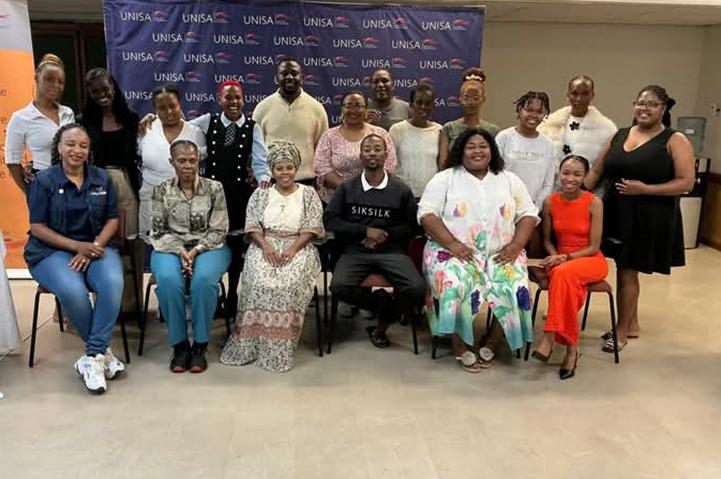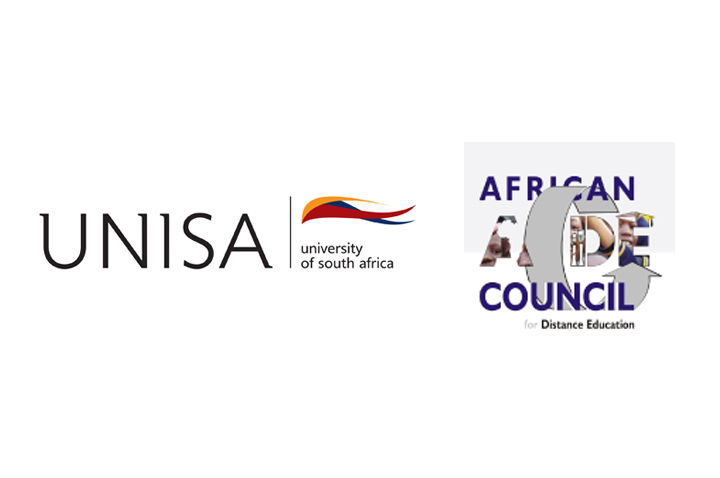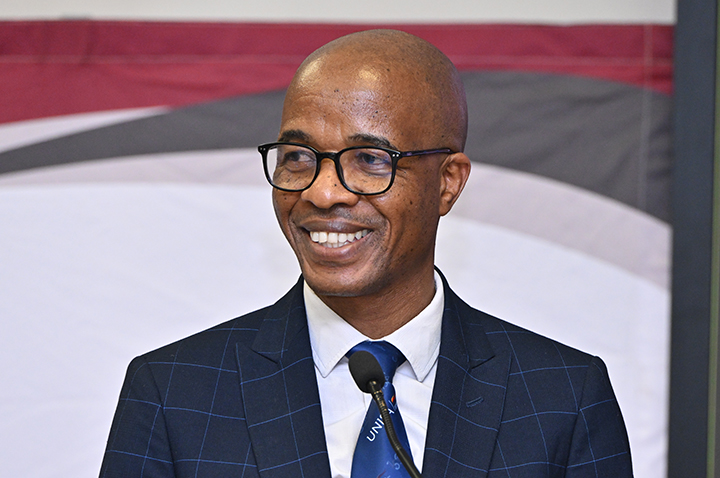
“The laws to stop corruption are there. Use them” is the title of the latest article written by senior lecturer Bafo Khanyeza from the College of Accounting Sciences (CAS). The opinion piece which was published on News24 is among many articles that Khanyeza has written as part of his contribution to the public discourse on clean governance.

Bafo Khanyeza
Not only did the opinion piece prompt an interview which resulted in robust debates on radio stations such as Power FM radio in which Khanyeza was a guest, but it also went viral and featured on some of the prestigious international news networks including, amongst others, One News Page Global Edition – United Kingdom News Network; La Voce (the Voice) – Italy News Network; World News Tomorrow Corporation (WNTC) – United States News Network; and News Media Empire – British News Network (with 11 international language translations). And it continues to circulate in different countries as it recently also featured in Afropages – (a synthesis of African News) presented in English and French. The links to the One News Page – Global Edition and the Power FM interview/debate follow below.
Click here to view the article on the One News Page – Global Edition.
Click here for the Power FM interview/debate.
As the title of the article suggests, not using our laws to stop corruption is what breeds corruption. The only way to use the laws at the country’s disposal to stop corruption is to institutionalise or decentralise the power of accountability so that it cannot be interfered with by politicians.
Through the implementation of the Public Finance Management Act (PFMA) Section (85) and MFMA Section (175), disciplinary boards could be used to hold accounting officers accountable for any financial misconduct or irregular contracts. Especially those causing financial losses. Disciplinary boards should work hand-in-hand with auditors using the Auditing Profession Act (2005) to ensure the implementation of the auditor’s recommendations regarding the improvement of internal controls.
These recommendations are often ignored even despite the so-called “new auditor’s powers” that have thus far yielded virtually no results. This will also ensure the cancellation of all irregular contracts causing financial losses so that funds channelled to programmes intended for the poor and vulnerable are not squandered.
* Submitted by Ntsako Mohlaba, Communications and Marketing Specialist; CAS
Publish date: 2022-02-14 00:00:00.0
 The 7th Unisa International Voice Competition nears the finale
The 7th Unisa International Voice Competition nears the finale
 Unisa expands ways to hear student voices
Unisa expands ways to hear student voices
 THE Rankings demonstrate Unisa's unceasingly enhanced academic agenda
THE Rankings demonstrate Unisa's unceasingly enhanced academic agenda
 Unisa to host the illustrious ACDE's 20th Anniversary Seminar
Unisa to host the illustrious ACDE's 20th Anniversary Seminar
 Unisa scholar honoured for reimagining Africa's archival future
Unisa scholar honoured for reimagining Africa's archival future